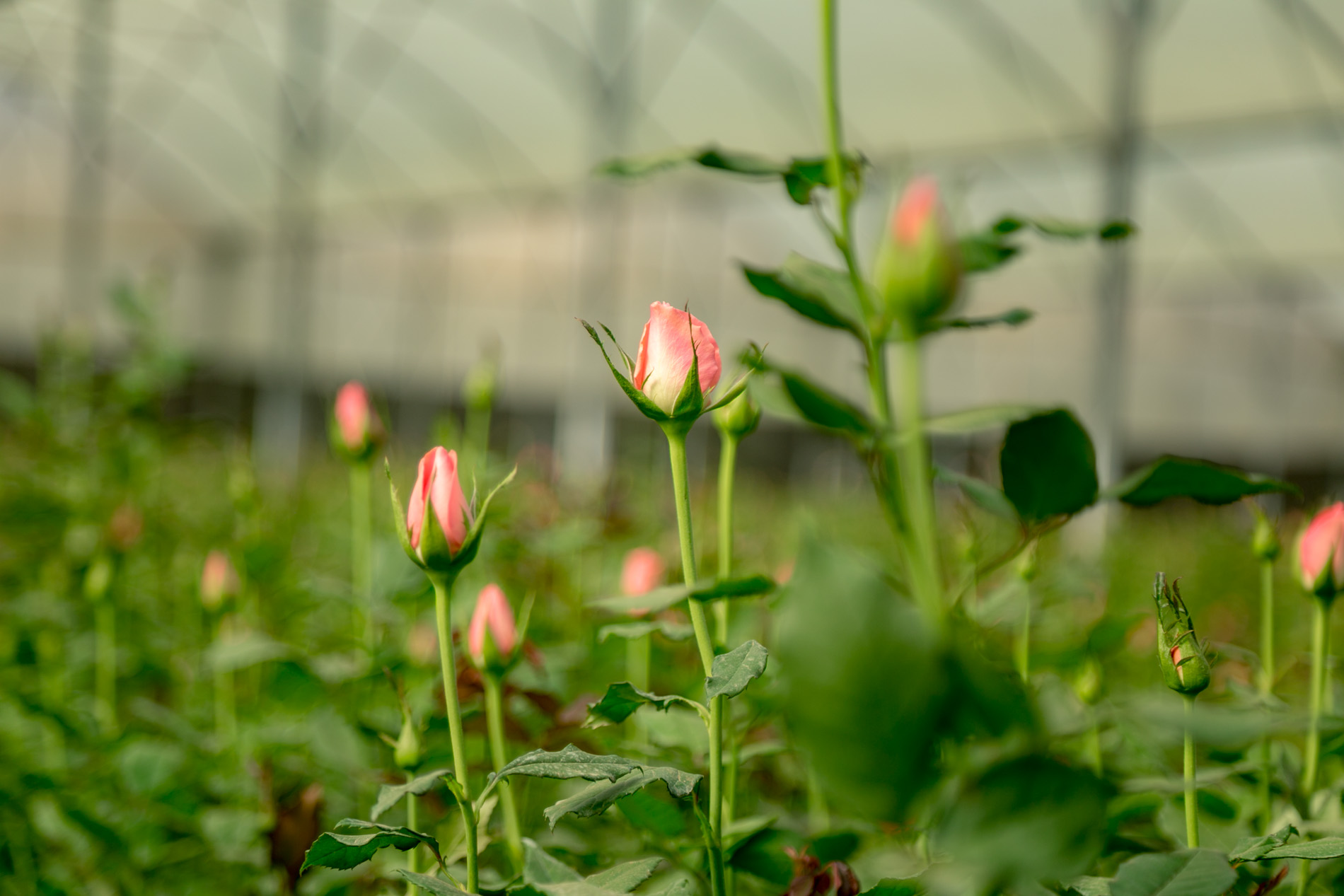AWCFS: NOPE Uganda rolls out an initiative to twin schools with flower farms
By Nancy Njoroge. This story was published on Kenyan Woman, a monthly online newspaper produced by the Women@Work Campaign partner African Woman and Child Feature Service.
Just like flowers, girls are precious. Flowers grow from seedlings, form branches, are tended to and pruned. Girls also grow from their mothers’ wombs, are nurtured and their character shaped. If a girl child suffers female genital mutilation, sexual harassment, abuse, child labor, neglect and other injustices, just like a flower that is not well tended, she will not reach her full potential. The blooming schools initiative by NOPE Uganda under the Women@Work Campaign is an embodiment of this counsel. NOPE works with Ugandan flower farms in identifying and partnering with schools to promote corporate social responsibility (CSR).
According to Mark Rabudi, the team leader of the Women@Work project for NOPE Uganda, the flower farms have been initiating projects in schools around them so that the children can achieve their full potential.
This project is in its second phase of implementation which runs from 2018 to 2020 and aims to twin eight flower farms to eleven schools. The first phase, which ran from 2016 to 2018, twinned seven farms to seven schools.
“Among the things that the twinning program has achieved through the first and second phase is helping schools get clean piped water, provide schools with firewood and training the children on their reproductive health, sexual harassment, HIV and AIDs,” says Rabudi.
Schools benefiting from the project include Bwerenga Junior Academy which has been twinned to UgaRose Flower farm, which is going to cater for 150 children. St. Dennis Kigero Primary School has been twinned with Wagagai Limited where 670 children are set to benefit. JP Cuttings have been twinned to Bugabo Lakeview where 500 children are targeted to benefit.
“So far, the second phase is benefiting a total of 3,096 children. We are yet to complete the twinning as we are still in the process of signing a memorandum of understanding with four more schools,” says Rabudi.
Statistics
In August 2018, a national survey on violence against children in Uganda revealed that one in three girls suffer sexual violence during their childhood and seven in ten boys suffer physical abuse.
The consequences of the violence on its survivors is devastating. There are reported increased negative outcomes such as mental distress, sexually transmitted infections, and contemplation of suicide. Indeed, violence against children affects the entire society. If sexual violence against girls is allowed to continue, stemming the spread of HIV and AIDS and teenage pregnancies will be all the more difficult.
Moreover, if children are vulnerable to violence in school, the goal of properly educating all Ugandan children will be compromised.
According to NOPE, the 2019/2020 phase of the Women@Work project will focus on providing life skills to young people in schools and at the community level to adopt good reproductive health behaviors.
“Educating the girls and boys will help the children to be more responsible of their reproductive health. It will also reduce cases of early pregnancies that limit the chances of young women to progress with their education or make women vulnerable when they join the workforce,” says Rabudi.








